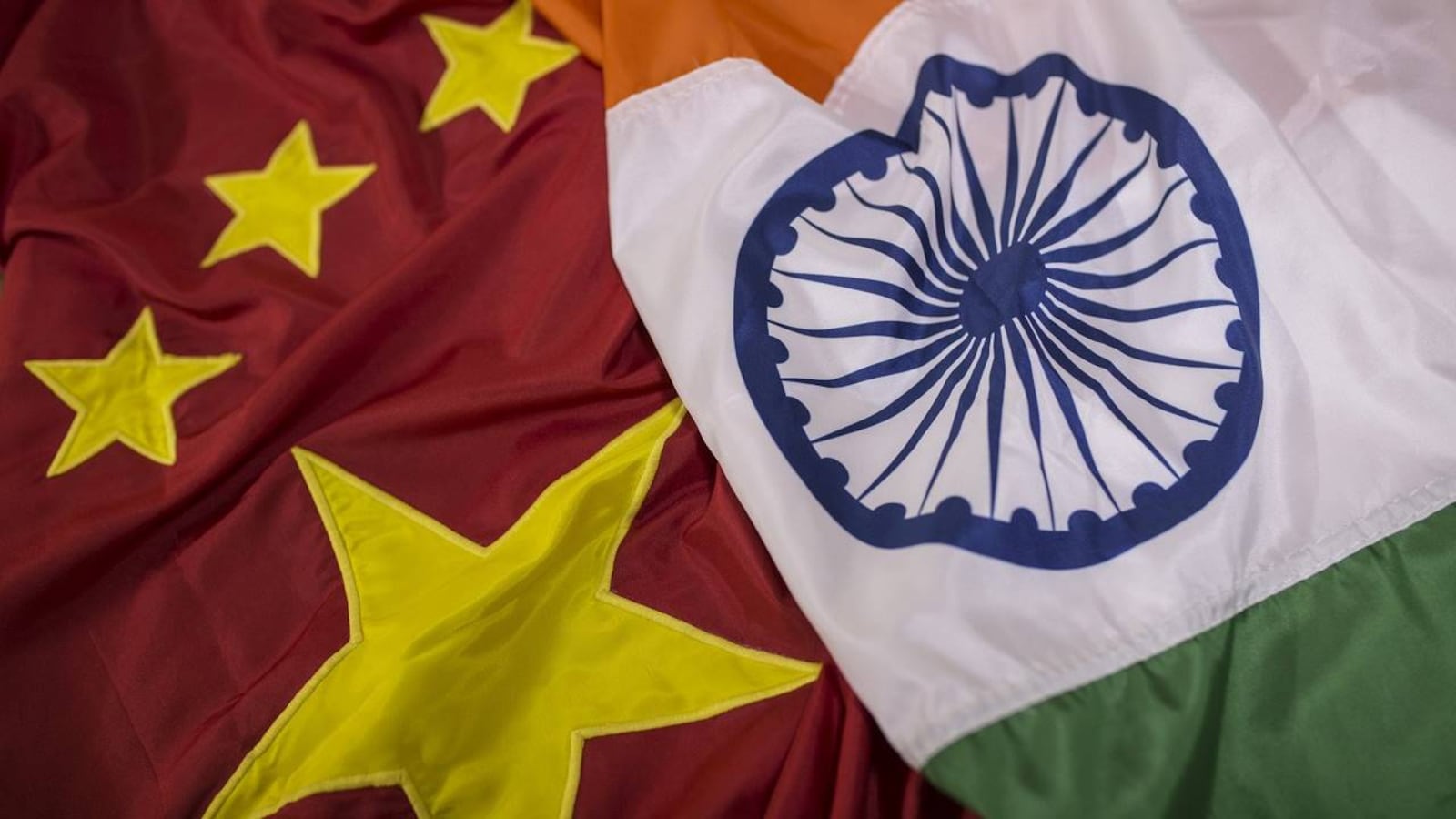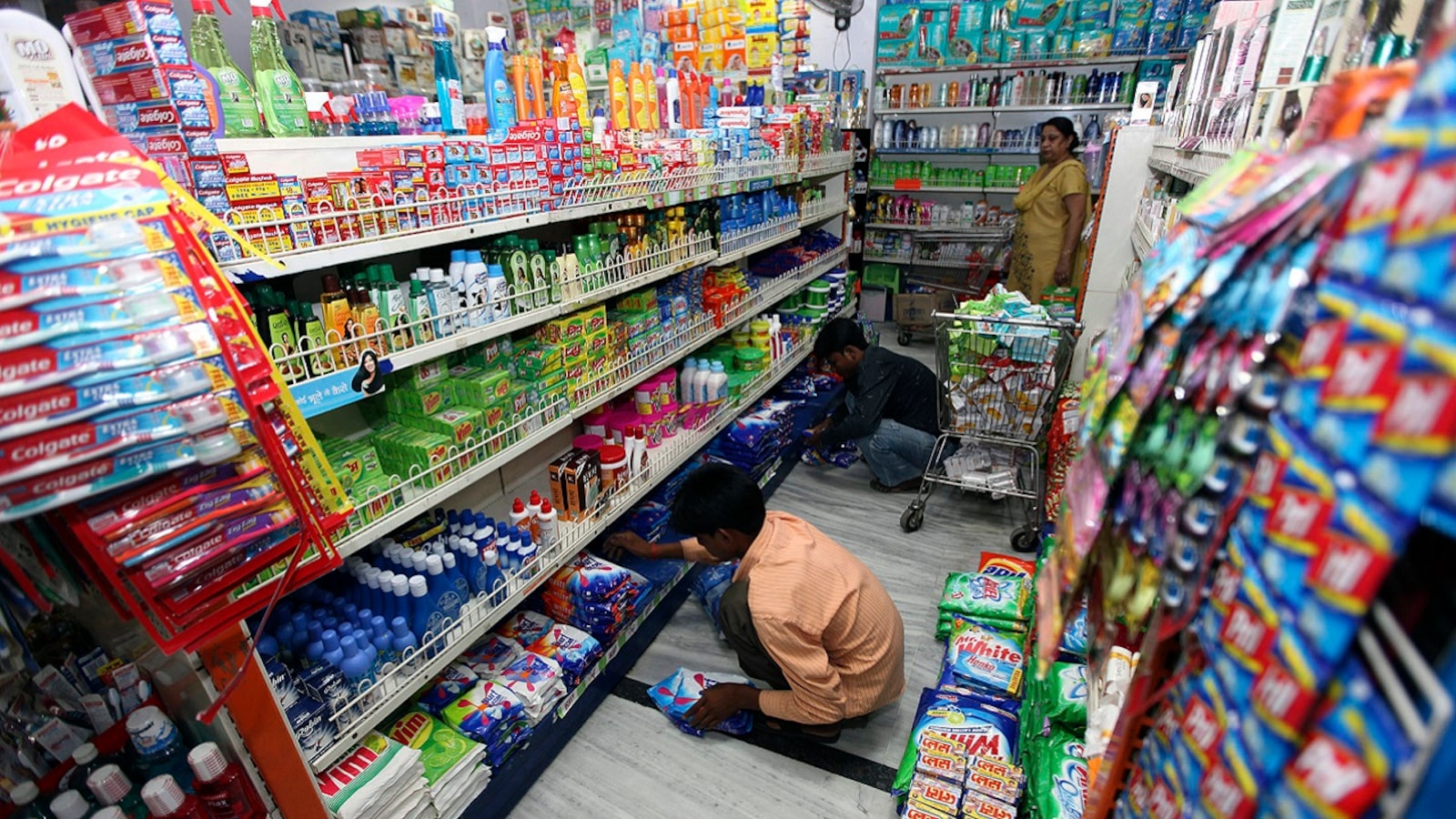The dumping of Chinese product is being looked at in 2023

The dumping of Chinese product is being looked at in 2023
Dumping, a term often associated with international trade, is the practice of exporting goods to another country at prices lower than their production cost, creating an unfair advantage for the exporting nation and potentially harming domestic industries of the importing country.
Recently, there has been a significant concern regarding the alleged dumping of four Chinese items in various global markets.

The DGTR has resumed its long-ago discontinued suo moto investigation into dumping. A similar investigation into dry batteries was started in 2000, and as a consequence, the product was subject to anti-dumping duties for a period of five years.
In this instance, the directorate was informed that Chinese imports with inflated prices were posing a serious threat to Indian manufacturers of these three items.
One of the notifications states that Highhope Furniture Fittings Manufacturers Associates, a group of 25 manufacturers of telescopic channel drawers, provided a representation that there had been a sharp decline in Indian production as a result of a significant rise in dumped imports from China.

The four Chinese items at the center of this controversy are:
- Steel Products: Chinese steel products have been a subject of scrutiny in various countries. The allegations include the sale of steel at prices lower than production costs, causing severe damage to the steel industries of importing nations.
- Electronics: The electronics sector, including smartphones, tablets, and consumer electronics, has also witnessed accusations of dumping. Chinese companies often dominate this industry and are suspected of flooding international markets with low-priced products.
- Textiles and Apparel: China is a significant player in the global textile and apparel industry. Allegations of dumping in this sector revolve around the export of textile and garment products at prices that undercut domestic producers.
- Solar Panels: Chinese-made solar panels have faced allegations of being sold at artificially low prices, affecting the competitiveness of local solar panel manufacturers worldwide.

The alleged dumping of these Chinese items has had several significant impacts on global markets:
- Economic Consequences: Dumping can lead to severe economic consequences in the importing countries. It undermines local industries by making it difficult for them to compete, often resulting in job losses and reduced economic growth.
- Trade Imbalance: Dumping contributes to trade imbalances, as importing countries are compelled to rely heavily on the cheaper imported goods, thus exacerbating their trade deficits.
- Quality Concerns: In some cases, low-priced Chinese goods may come with quality concerns, potentially endangering consumers’ health and safety.
- Legal and Trade Tensions: The allegations of dumping have escalated trade tensions between China and its trading partners. Legal actions and trade disputes are often initiated to address these concerns.

In response to the allegations of dumping, various countries and trade organizations have initiated investigations and implemented measures to protect their domestic industries. These actions include:
- Anti-Dumping Duties: Many countries have imposed anti-dumping duties on the allegedly dumped Chinese products to level the playing field for domestic industries.
- World Trade Organization (WTO) Complaints: Some nations have filed complaints with the WTO, alleging unfair trade practices by China and requesting dispute resolution mechanisms.
- Domestic Industry Support: Governments are providing support to their domestic industries to help them withstand the effects of dumping, including subsidies and incentives for innovation and competitiveness.
- Scrutiny and Regulation: Authorities are increasing scrutiny and regulation of imported goods, particularly in terms of quality and safety, to protect consumers.
The allegations of dumping involving Chinese products have raised significant concerns in global trade. The impact on domestic industries, trade balances, and economic growth cannot be underestimated. Investigations and responses by various nations and international organizations are essential steps in addressing these issues.

Ultimately, a fair and balanced international trade environment should be the goal, where healthy competition prevails, and all countries can benefit. Achieving this requires a transparent and rules-based approach to trade, as well as cooperation and negotiation among nations to resolve trade disputes and establish a level playing field for all.




